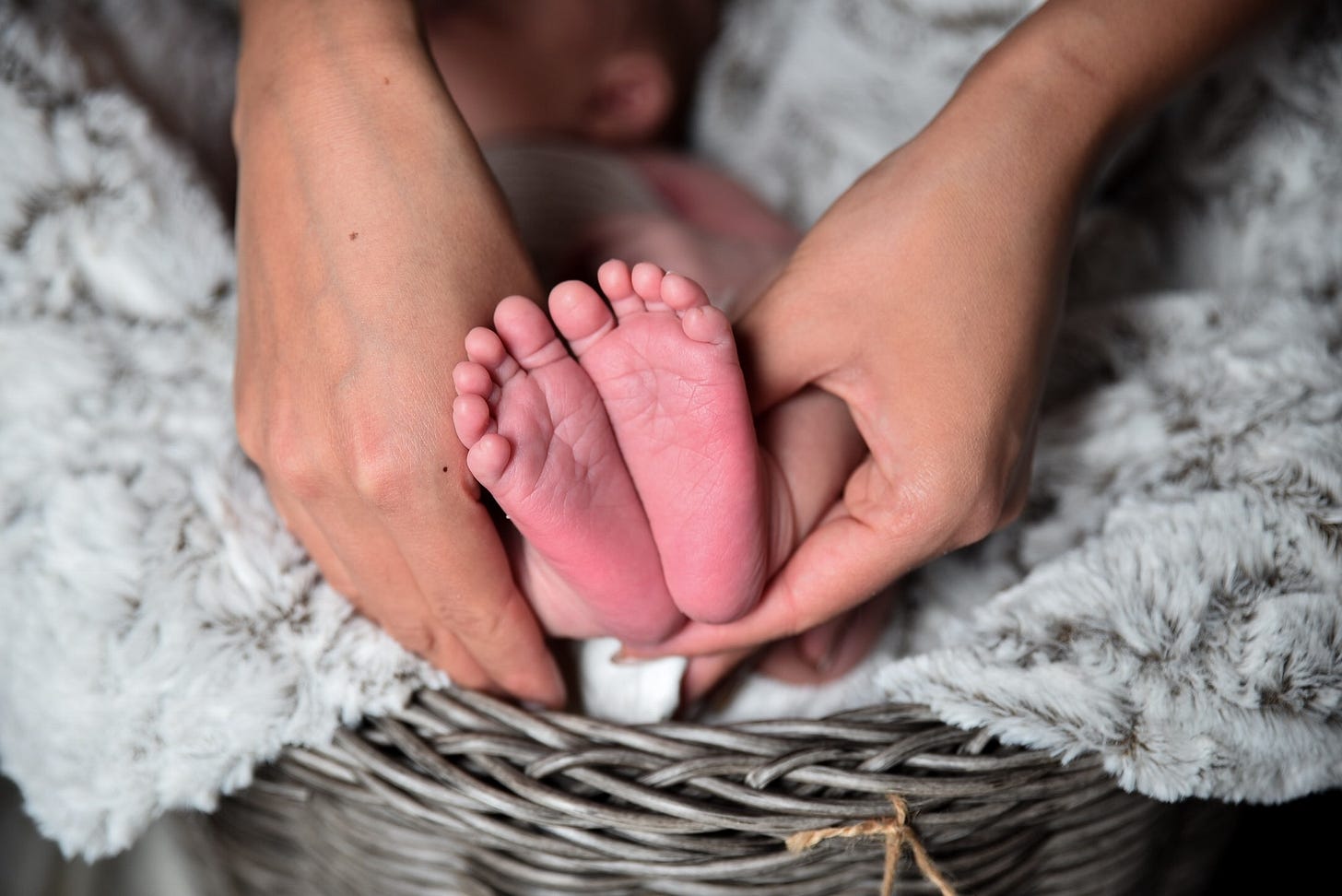
Since the U.S. Supreme Court overturned Roe v. Wade in June, there has been talk in the pro-life movement about what comes next.
Much of the political focus has turned to state legislatures as the new battleground for abortion restrictions.
But discussion among pro-life groups in the U.S. has also stressed the importance of creating a more supportive clim…
